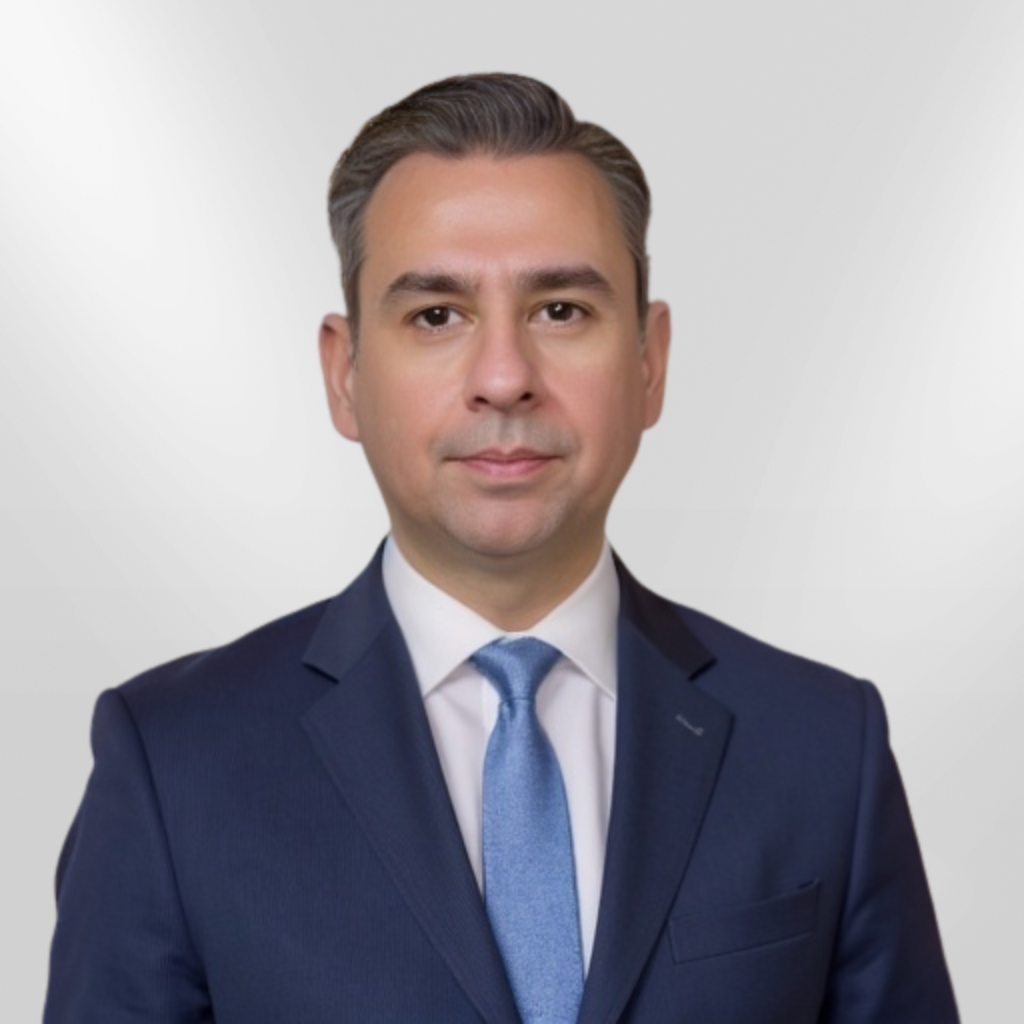Jan. 22, 2025
At the heart of change

When I began my journey as the Equity, Diversity, and Inclusion (EDI) Director at the Werklund School of Education in January 2023, I knew it would be a role that challenged me both professionally and personally. As I reflect on the past two years, I see a journey marked by growth, collaboration, and a deepening understanding of the transformative power of EDI in education.
Starting out, my vision was clear: to create a more inclusive, equitable, and diverse academic community that not only embraced differences but celebrated them as strengths. The enormity of this task quickly became apparent.
EDI work isn’t about checking boxes or implementing quick fixes; it’s about fostering systemic change — a process that requires patience, persistence, and, most importantly, partnerships.
One of the first initiatives I undertook was focused on integrating EDI principles into course design. It became evident early on that creating inclusive courses wasn’t just a matter of adding statements or accommodations but rethinking the very framework of teaching and learning. I gained valuable insights from conversations with faculty who wanted to integrate inclusivity principles in their course design but were overwhelmed by the complexity of the task.

Soroush Sabbaghan created this photo of himself using AI tools.
Provided by Soroush Sabbaghan.
SMARTIE (Strategic Module Assistant for Rubrics, Tasks, and Inclusive Education), an AI-powered tool, is meant to reduce that cognitive load. Watching the success of SMARTIE and seeing how the program made inclusive design more accessible has been one of the most rewarding aspects of my role.
Collaboration has been at the heart of my EDI work. Whether it’s partnering with students to understand their lived experiences, working with faculty to rethink their teaching practices, or engaging with community leaders to bridge the gap between academia and the world beyond, I’ve learned that the best solutions emerge when diverse perspectives come together.
A standout moment for me was the creation of the Dean’s Advisory Circle for the “More Black Teachers” initiative. Bringing together educators, community advocates, and policymakers to address the underrepresentation of Black students and teachers in education has been a humbling experience, filled with honest conversations and actionable steps.
Of course, this journey hasn’t been without its challenges. From navigating the university’s restructuring of EDI initiatives, to addressing the spread of disinformation and misinformation, to experiences where I grappled with imposter syndrome, the challenges have been diverse and complex. This process proved to be both difficult and rewarding, highlighting the importance of context and adaptability in EDI work.
As I look ahead, I’m filled with both optimism and determination. There is still so much to do — increasing access to AI tools for all our students, addressing the digital divide, and ensuring that our policies and practices are inclusive of all voices. But I’m also buoyed by the knowledge that I’m not alone in this work. The Werklund community has shown time and again its commitment to equity, diversity, and inclusion, and I’m honoured to be a part of this ongoing journey.
Reflecting on these two years, I’ve come to realize that EDI work is not just about creating change in others; it’s also about transformation within. It’s about listening, learning, and being willing to adapt. It’s about finding joy in the process and meaning in the work. And, most importantly, it’s about holding onto the belief that education — when truly inclusive — has the power to change lives, mine included.
Dr. Soroush Sabbaghan is an associate professor (teaching) at the Werklund School of Education, University of Calgary. With degrees in Mathematics Education and English Language Teaching, Dr. Sabbaghan is at the forefront of addressing pedagogical challenges in the higher education landscape. His current focus is on the transformative potential of Generative Artificial Intelligence in enhancing educational diversity, equity, and inclusion (EDI). Through his work, Dr. Sabbaghan develops various Generative AI applications aimed at revolutionizing teaching, learning, and enhancing the student learning experience. With a commitment to "teaching as coevolving," he ensures his strategies are adaptable to the diverse needs of students, thereby fostering an environment of continuous learning and growth.


